Good Reason
It's okay to be wrong. It's not okay to stay wrong.
Category: parenting (page 3 of 5)
Via Pharyngula and Podblack:
The State Library is hosting an anti-vaccination event tonight, 1 June 2010 with Meryl Dorey of the so-called ‘Australian Vaccination Network’. They’ll be promoting their noxious brand of pseudoscience. Alt-Med is always a problem, but in this case, the stakes are higher. They tell worried parents that they’ll be harming their children by vaccinating them, when in fact the risk of death and disability from disease is much higher without vaccination than with. So more WA kids are going to die as herd immunity diminishes.
Your orders: meet Kylie (along with me and the Perth Skeptics) at the coffee shop at the State Library at 6:00 tonight. Let’s spread some good information.
A good source for info is the Immunise Australia Program.
Surprise, surprise: Kids beaten by their parents show more aggressive behaviour.
Now researchers at Tulane University provide the strongest evidence yet against the use of spanking: of the nearly 2,500 youngsters in the study, those who were spanked more frequently at age 3 were more likely to be aggressive by age 5. The research supports earlier work on the pitfalls of corporal punishment, including a study by Duke University researchers that revealed that infants who were spanked at 12 months scored lower on cognitive tests at age 3.
“I’m excited by the idea that there is now some nice hard data that can back up clinicians when they share their caution with parents against using corporal punishment,” says Dr. Jayne Singer, clinical director of the child and parent program at Children’s Hospital Boston, who was not involved in the study.
I’m secretly excited too.
“The odds of a child being more aggressive at age 5 if he had been spanked more than twice in the month before the study began increased by 50%,” says Taylor. And because her group also accounted for varying levels of natural aggression in children, the researchers are confident that “it’s not just that children who are more aggressive are more likely to be spanked.”
I’ve got a couple of great boys who I really respect as people, and who themselves are respectful. They’re not great at all of life’s tasks yet, but I’m not either. I’m not exactly sure how they turned out the way they have, but I do know that I’ve never hit them.
We all want our kids to know that there are consequences for their actions, but hitting them is a lousy consequence. It harms the relationship between parent and child, and a strong relationship is a major way to have input and influence on the child’s life.
There are better consequences than hitting. Good consequences are related to the behaviour. If toys aren’t put away, then the toys go away for a while, after a warning. And we need to let kids enjoy the good consequences of their actions: if they get ready for bed quickly, it’s more story-time.
It’s also good to play “What Happens Next”. “What might happen if we don’t lock the car?” “What do you think would happen if we left the milk out of the refrigerator?” This gets them thinking about the natural consequences of actions, instead of the artificial consequences that come from beatings.
I’ve heard parents respond to this in various ways:
“If they do something dangerous, like run into the road, they need a smack to tell them it’s not okay.
If the child is doing something dangerous, then we as parents need to control the environment so they can’t hurt themselves. We’re the big people; we can make the choices about the environment. We can make sure that doors are locked, that enticing delicate objects are out of reach. It’s hard to do, but good parenting is effortful.
“But children can’t reason at that age, and a smack is a direct way to communicate to the child.”
I suppose it’s true that children aren’t good at reasoning. This is why we teach them. We slowly and laboriously teach them all the things they need to do in their lives, including tying shoes, long division, toilet training, and riding a bike. Why do parents take an easy way out instead of teaching reasoning and logic, which is a skill more important than all those others? Perhaps because it’s the parenting we got, or perhaps because it’s considered acceptable by some.
But hopefully, as we get more knowledge about how violence against children affects their lives and their behaviour, it will become less and less acceptable.
I’m reading through this book with Youngest Boy. It’s “Evolution: How We and All Living Things Came to Be” by Daniel Loxton. It’s really good. It has a good overview of evolutionary theory, with the evidence.
But there is one misstep, and it’s toward the end of the book.
If you can’t read that scan, here’s the text.
This is a question people often ask when wondering about evolution. They want to connect the discoveries of science to their religious understanding.
Unfortunately, this isn’t something science can help with. Individual scientists may have personal opinions about religious matters, but science as a whole has nothing to say about religion.
Science is our most reliable method for sorting out how the natural world functions, but it can’t tell what those discoveries mean in a spiritual sense. Your family, friends and community leaders are the best people to ask about religious questions.
I think this answer was trying to do two things: tell why science is good, and allow for the validity of religion. Those are probably good goals for a book like this, since they’re aiming for a broad audience, and the book wasn’t intended to be an atheist polemic. I can even see the benefit in not antagonising religious readers.
But I also think it’s important for scientists to tell the truth, and this answer sidesteps that responsibility. Here’s what’s wrong.
- It says that science can’t deal with supernatural claims, only natural ones. This is untrue. While the scientific method, with its emphasis on real-world evidence, can’t categorically disprove supernatural claims, it does tell us what to do when such a claim comes along: remain skeptical of it until its proponents provide real-world evidence in favour of the claim.
- It says that religious claims about creation are essentially supernatural. But creationist claims really involve the natural world, and can therefore be evaluated by science just like any other claim.
- It handballs the responsibility for answering questions over to family, friends, and community leaders — people who may be no better than anyone else at evaluating truth claims, or who may have an interest in promoting an unscientific view. Religious leaders are the ones who ought to be promoting religion, of course — that’s their job — but is that where we want to send young people for information about how evolution and religion interact?
I think the book should have said something like this:
Some religious people claim that evolution didn’t happen, or that it’s impossible. But according to the evidence we have, evolution is real, and it’s happening all around us.
Many religious people do accept evolution. They don’t see a conflict between evolution and their religion, or they see evolution as part of creation.
Whether you believe in a religion or not, you can use science to figure out how our amazing world operates.
This answer re-asserts the reality of evolution and the primacy of science, but it takes it easy on the conflict between religion and science. It allows that people have their own opinions, and is written not to be offensive.
I still think the book is really good. It’s interesting, has beautiful illustrations, and lays out the basics of evolutionary theory in a way young people can grasp. Even the religion question can lead to an interesting discussion.
The author responds to the criticism here.
Here are some stories of faith from the news this week. I won’t say they’re heart-warming, but they will raise your temperature.
• Miss Beverly Hills 2010 Lauren Ashley reminded us that yes, the Bible really does say that gay men should be killed.
“The Bible says that marriage is between a man and a woman. In Leviticus it says, ‘If man lies with mankind as he would lie with a woman, both of them have committed an abomination. They shall surely be put to death and their blood shall be upon them.’ The Bible is pretty black and white.”
By Jove, she’s right. Of course, Deuteronomy says that you should kill anyone not of your religion. Wonder why she didn’t mention that?
Well, even though she didn’t take it all the way, you must admire her courage in not soft-pedaling her holy book.
• Evangelical Christians in Haiti attack a vodou ceremony, and the vodou leader is not pleased.
Some of the fresh converts have said they did so because they believed God caused the earthquake.
“It will be war – open war,” Max Beauvoir, supreme head of Haitian voodoo, said in an interview at his home and temple outside the capital.
“It’s unfortunate that at this moment where everybody’s suffering, that they have to go into war. But if that is what they need, I think that is what they’ll get.”
…
“I would like to see each one of them tied up in ropes and thrown in the sea, and I hope the best of them will be able to catch a plane and run away and leave in peace,” the voodoo priest said. “Because this is what we need right now — peace.”
Which is more notable: the Haitians Christians for their commitment to religious tolerance? or Mr Beauvoir for his dedication to the cause of peace?
• A Christian couple in California is up for murder for killing their daughter, who challenged their god-given authority by mispronouncing words from a book she was reading.
Kevin and Elizabeth Schatz, the Paradise couple accused of murdering their 7-year-old adopted daughter during a discipline session last Saturday morning were arraigned in court Tuesday. The couple is also charged with the torture of their 11-year-old adopted daughter, who remains in critical condition at a Sacramento hospital, and a misdemeanor count of cruelty to a child for signs of bruising discovered on their 10-year-old biological son.
…
Butte County District Attorney Mike Ramsey said both girls sustained extensive bruising and whip-like marks on their bodies that were consistent with a 15-inch length of rubber or flexible plastic tubing – commonly found in toilet tanks.
This method of discipline is favoured by Michael Pearl of the ‘No Greater Joy‘ ministry. From the Pearl link:
This is a practical look at spanking children. Parents must understand that spanking is just one element in God’s child training program. It is essential, but is not the whole—only a part. Nor is it the most important part. Important yes, but not all-important.
…
What instrument would I use?
As a rule, do not use your hand. Hands are for loving and helping. If an adult swings his or her hand fast enough to cause pain to the surface of the skin, there is a danger of damaging bones and joints. The most painful nerves are just under the surface of the skin. A swift swat with a light, flexible instrument will sting without bruising or causing internal damage. Many people are using a section of ¼ inch plumber’s supply line as a spanking instrument. It will fit in your purse or hang around you neck. You can buy them for under $1.00 at Home Depot or any hardware store. They come cheaper by the dozen and can be widely distributed in every room and vehicle. Just the high profile of their accessibility keeps the kids in line.
Pearl (and the Schatz’s) is only following the biblical doctrine that if you train a child up in the way they should go, they will not depart from it. Also, that children need to submit to ‘the rod’ — after all, they won’t die (unless they do), and you’ll save their soul from hell. If a parent needs to give their children regular thrashings so they’ll continue in the religion of their parents — well, this simply shows the difficulty of raising godly children in these secular times.
If you’re interested in NGJ Ministries, why not check out their Facebook group?
• Also in parenting news, a Baltimore mom is on the stand for starving her one-year-old for not saying ‘amen’ at a mealtime prayer. You wouldn’t think a child that age would be saying much at all, but it took a perceptive religious leader to notice that the child had an evil spirit.
Ramkissoon told the tale of her son’s excruciating death from the witness stand on Wednesday, at the trial of the woman she says told her not to feed the boy. Queen Antoinette was the leader of a small religious cult, according to police and prosecutors, and she faces murder charges alongside her daughter, Trevia Williams, and another follower, Marcus A. Cobbs.
Many parents have let their children die for lack of medical treatment due to their religion, but this story stands out for the mother’s unquestioning faith that her baby could be raised back to life, New Testament-style.
Javon died in either December 2006 or January 2007; Ramkissoon isn’t sure of the exact date. His body was hidden in a suitcase for more than a year and has since been buried. But even now, she maintains her faith in his resurrection.
“I still believe that my son is coming back,” Ramkissoon said. “I have no problem saying what really happened because I believe he’s coming back.
“Queen said God told her he would come back. I believe it. I choose to believe it,” she said. “Even now, despite everything, I choose to believe it for my reasons.”
Later, she acknowledged that her faith makes her sound crazy. “I don’t have a problem sounding crazy in court,” she said.
Even though the sunk-cost fallacy virtually ensures that the mother will never break free of her delusion, she makes the list for her devotion and unquestioning faith in her religious leader and the healing power of the resurrection.
We’ll be back with even more stories of faith in the near future.
Here’s another guy who really believes in his religion. In this case, that means someone ended up dead.
A US jury has found a man guilty of killing his sick 11-year-old daughter by praying for her recovery rather than seeking medical care.
The man, Dale Neumann, told a court in the state of Wisconsin he believed God could heal his daughter.
She died of a treatable disease – undiagnosed diabetes – at home in rural Wisconsin in March last year, as people surrounded her and prayed.
Neumann’s wife, Leilani Neumann, was convicted earlier this year.
The couple, who were both convicted of second-degree reckless homicide, face up to 25 years in prison when they are sentenced in October.
Reckless homicide is a good way of putting it. Having a child means you have to take care of them. They can’t do it themselves; they count on you. When you instead subject that child to a horrible and unnecessary death, there ought to be legal consequences.
And that goes for people who use alternative medicine instead of giving their child real medicine. If that child is harmed through a parent’s inaction, there should be consequences.
© 2024 Good Reason
Theme by Anders Noren — Up ↑
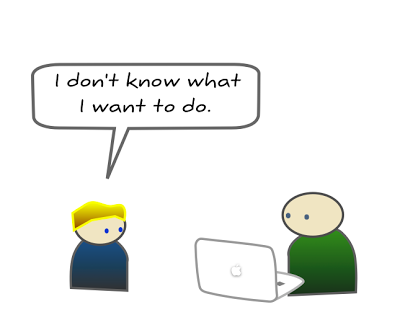
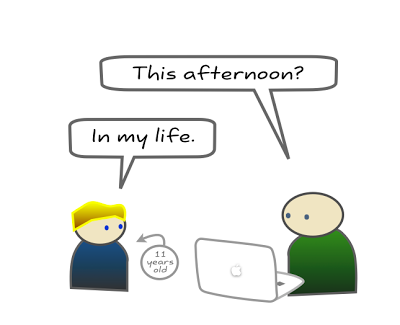
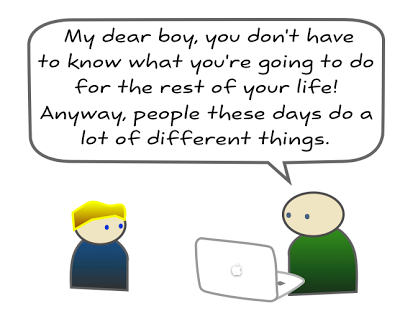
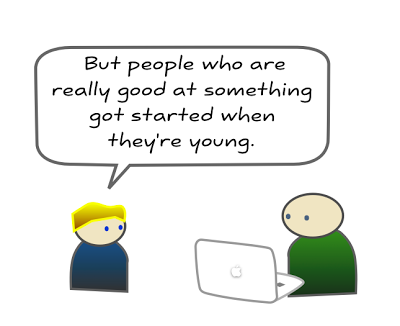

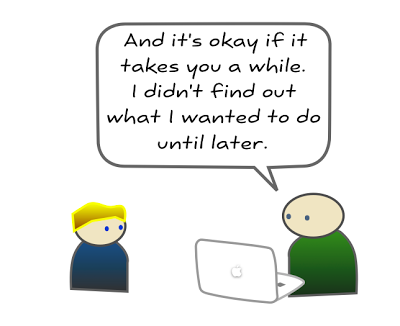
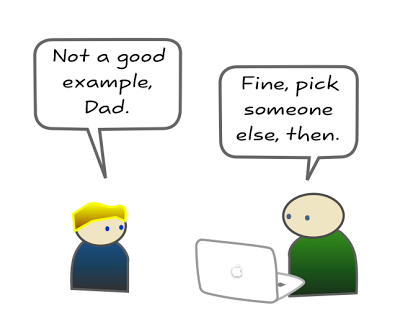
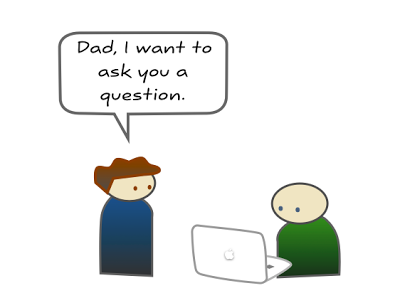
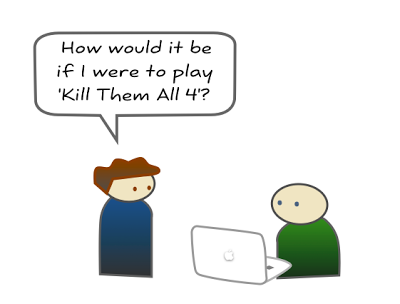
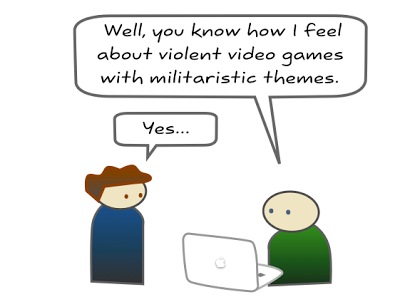
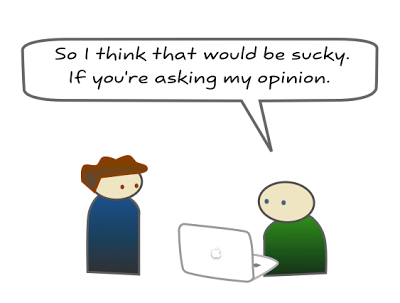
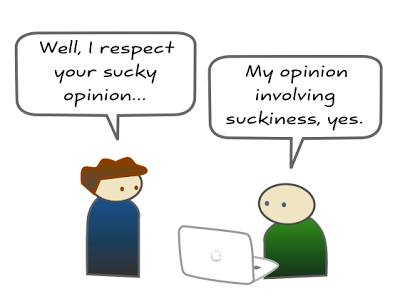
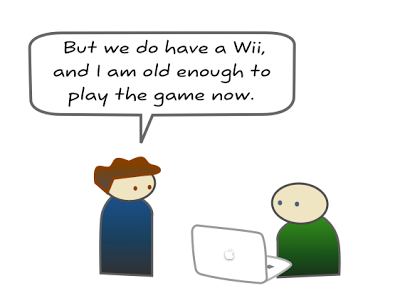
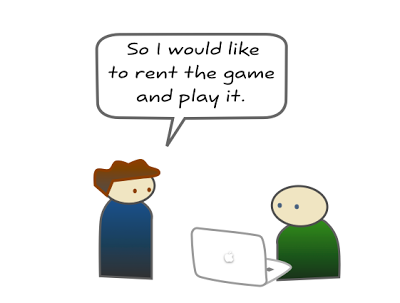
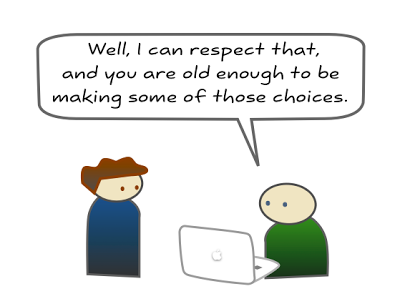
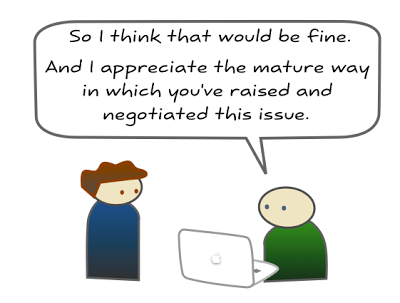
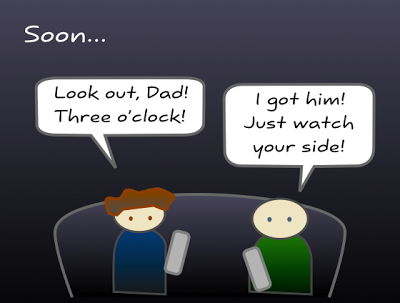
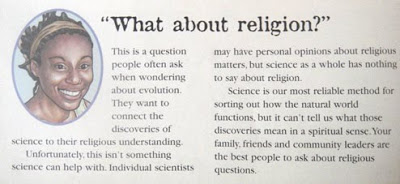
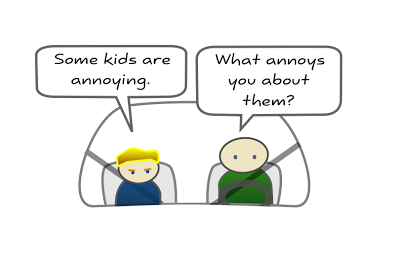
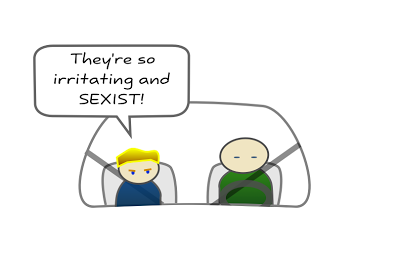
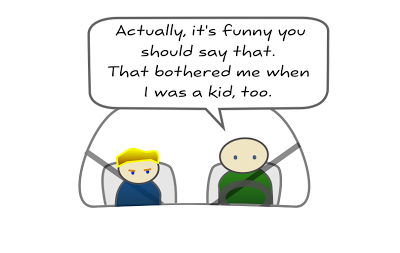
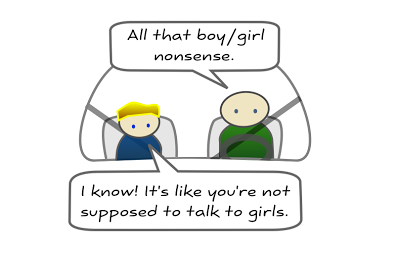
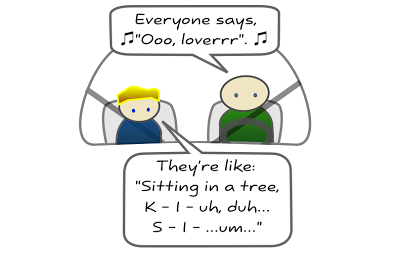
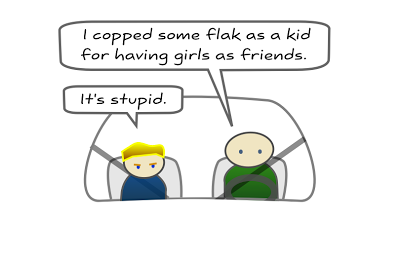
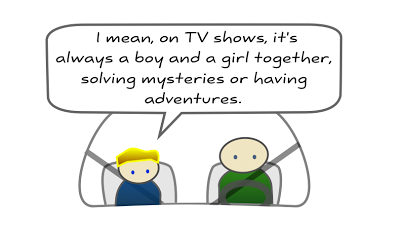
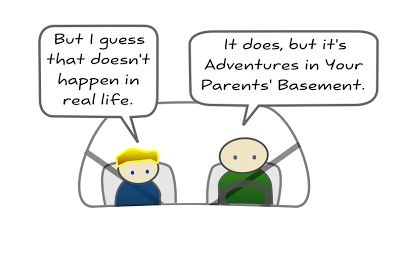
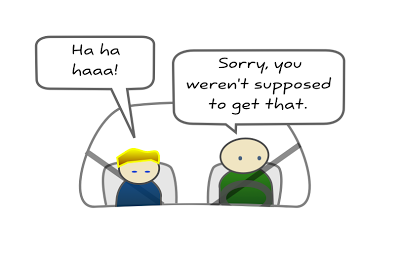

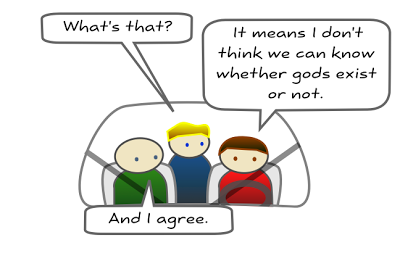

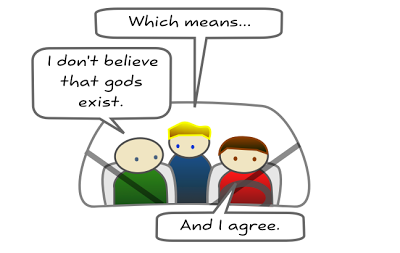

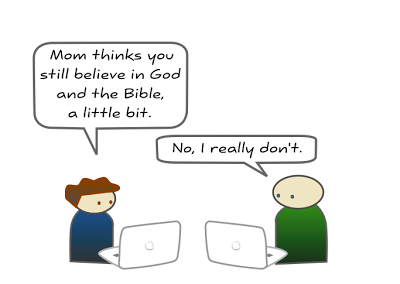
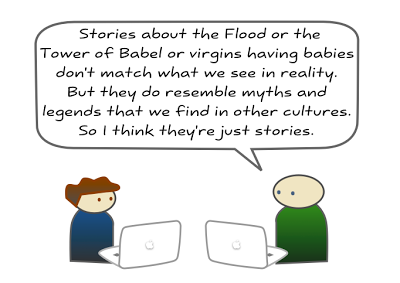
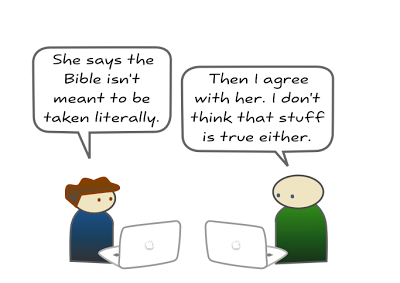
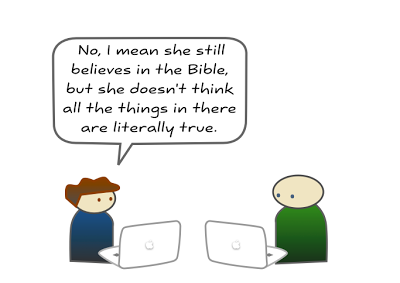
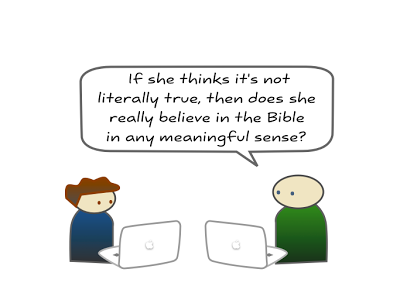

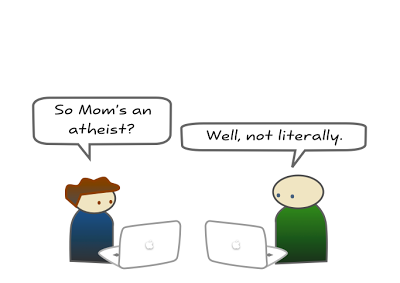
Recent Comments